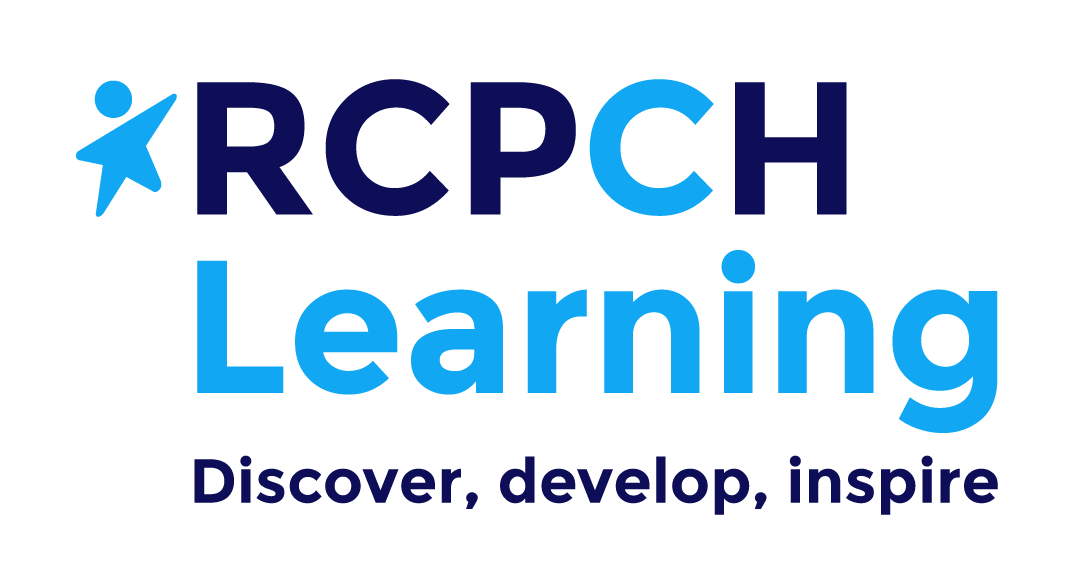Peak into Practice: RCPCH Effective Educational Supervison course
Peek into the RCPCH Effective Educational Supervison course
Explore each course session in depth with our summaries, designed to give you a clear understanding of what to expect. Each summary includes a practical insight or “peek” into the learning, helping you see the practical value before you book. Dive in, discover key takeaways, and secure your place to enhance your skills and professional growth.
Introduction with aims and objectives
Summary: This opening session sets the stage for the Effective Educational Supervision course. It outlines the programme’s purpose, structure, and alignment with GMC standards, while introducing key themes that will be explored in depth throughout the day.
- Understand the rationale behind the course
- Explore the role of the educational supervisor
- Learn about the RCPCH assessment strategy
- Discover how to support doctors in difficulty
- Prepare for interactive workshops and case-based learning
What is Educational Supervision?
Presenter: Delivered by the RCPCH Teaching Faculty
Summary: This session explores the principles and practicalities of educational supervision in paediatrics. It distinguishes between clinical and educational supervision, introduces GMC and RCPCH frameworks, and highlights the value of continuity in supervisory relationships.
- Clarify the differences between clinical and educational supervision
- Understand the GMC’s supervision standards
- Explore the benefits of longitudinal supervision
- Learn how to structure effective supervision meetings
- Use tools like ePortfolio and Progress+ to guide development
Assessing Progression Through Training
Presenter: Delivered by the RCPCH Teaching Faculty
Summary: This session provides a practical guide to assessing paediatric trainees using the RCPCH assessment strategy. It covers formative and summative tools, readiness for tier 2 working, and how to use ePortfolio to support meaningful progression.
- Understand the difference between formative and summative assessments
- Use SLEs and AoPs to gather meaningful evidence
- Support readiness for tier 2 working
- Align assessments with Miller’s Pyramid
- Navigate ARCP outcomes and revalidation
Progress+ Curriculum
Presenter: Delivered by the RCPCH Teaching Faculty
Summary: This session introduces the Progress+ curriculum, a streamlined framework built around 11 domains aligned with GMC capabilities. It explains how learning outcomes are structured and how supervisors can support trainees in evidencing their development.
- Understand the structure and purpose of Progress+
- Explore the 11 curriculum domains
- Learn how to use syllabi, key capabilities, and illustrations
- Support trainees across core and specialty levels
- Use ePortfolio to track and evidence progress
Supporting Doctors in Training
Presenter: Delivered by the RCPCH Teaching Faculty
Summary: This session equips supervisors with the tools to recognise, assess, and support paediatric trainees who may be struggling or excelling. It explores early warning signs, the impact of differential attainment, and the importance of tailored support plans.
- Recognise behavioural signs that may indicate a trainee needs support
- Understand how to gather and interpret relevant information
- Explore the challenges faced by international and neurodivergent doctors
- Learn how to support high-performing trainees without overburdening them
- Develop SMART action plans and know when to escalate concerns
Feedback and Reflection
Presenter: Delivered by the RCPCH Teaching Faculty
Summary: This session explores the principles of effective feedback and the role of reflection in paediatric training. It introduces feedback models, common pitfalls, and strategies for delivering constructive, timely, and specific feedback.
- Define feedback and its impact on learning
- Identify common feedback pitfalls and how to avoid them
- Explore feedback models and reflective frameworks
- Understand the Johari Window and its relevance to supervision
- Learn how to foster reflective practice in yourself and others
